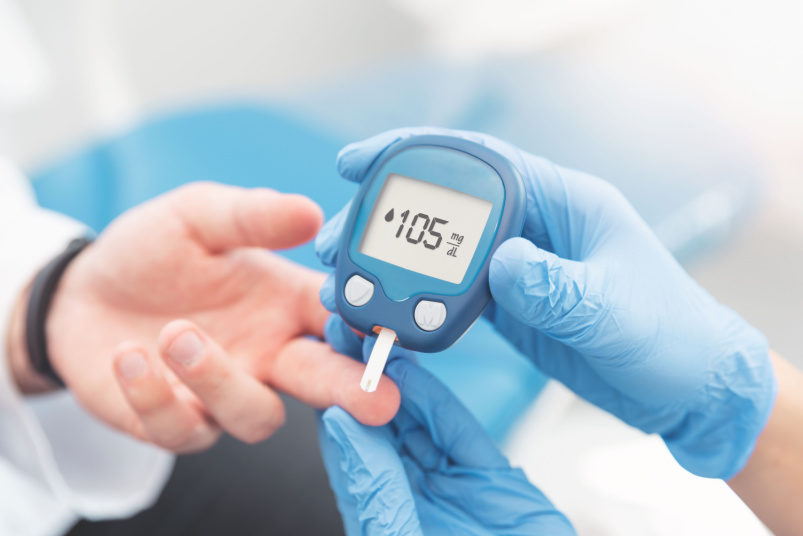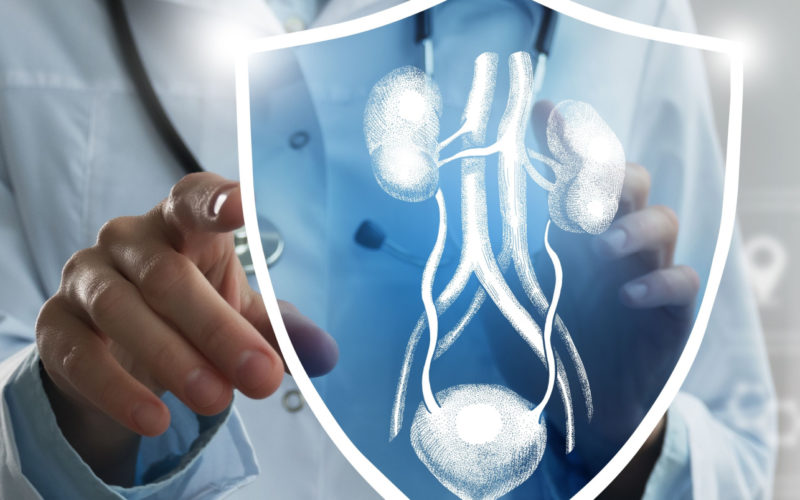Neurogenic bladder or neurogenic lower urinary tract dysfunction refers to a dysfunction of the urinary bladder, resulting from a neurological disorder or injury that disrupts normal bladder control. The nervous system plays an essential role in regulating bladder function, involving communication between the brain, spinal cord, and peripheral nerves. When this communication is impaired, it can lead to various bladder problems.
Conditions such as spinal cord injury, multiple sclerosis, Parkinson's disease, diabetes, and certain congenital disorders can damage the nerves that control the bladder, disrupting the coordination between the detrusor muscle (responsible for contraction) and the sphincters (responsible for maintaining continence).
Consequently, individuals with neurogenic bladder may experience issues such as urinary incontinence, retention, or a combination of both.
The specific symptoms and severity of neurogenic bladder can vary widely among individuals. Some may experience an overactive bladder, causing frequent and urgent urination, while others may face difficulty emptying the bladder.
Complications can include urinary tract infections, kidney damage, and diminished quality of life.
Understanding the link between neuro-urology and diabetes

Urologic complications of diabetes
Diabetes can have various urologic complications that affect the urinary system. These complications can arise due to the long-term effects of high blood sugar levels on the nerves and blood vessels in the urinary tract. Some common urologic complications associated with diabetes include:- Diabetic nephropathy: This is a type of kidney disease that occurs as a result of long-term diabetes. It affects the small blood vessels in the kidneys, leading to impaired kidney function. Over time, diabetic nephropathy can progress to end-stage renal disease (ESRD), requiring dialysis or kidney transplantation.
- Diabetic cystopathy: Diabetes can affect the nerves that control the bladder, leading to diabetic cystopathy. This condition can result in bladder dysfunction, causing issues such as urinary retention, incontinence, and incomplete emptying of the bladder.
- Urinary tract Infections (UTIs): Diabetes can increase the risk of urinary tract infections. High blood sugar levels create an environment conducive to bacterial growth in the urinary tract. Additionally, impaired bladder function may contribute to incomplete voiding, increasing the risk of UTIs.
- Neurogenic bladder: Diabetes-related nerve damage can affect the nerves controlling the bladder, resulting in a neurogenic bladder. This condition may lead to problems with bladder emptying, urinary retention, or incontinence.
- Erectile dysfunction (ED): Diabetes can cause damage to the blood vessels and nerves that play a crucial role in achieving and maintaining an erection. As a result, men with diabetes are at a higher risk of developing erectile dysfunction.
- Urethral stricture: Diabetes can contribute to the development of urethral strictures, which are narrowing of the urethra. This can lead to difficulties with urination and may require medical intervention.
- Fungal Infections: Increased glucose levels in the urine can create an environment conducive to fungal growth. This may lead to recurrent fungal infections in the urinary tract.
Management of urologic complications of diabetes
Managing urologic complications in individuals with diabetes involves a multifaceted approach that includes medical management, lifestyle modifications, and regular monitoring. Diabetes can affect the urological system in various ways, leading to conditions such as erectile dysfunction, urinary tract infections, bladder dysfunction, and nephropathy. The following are some approaches to managing urologic complications in diabetes: Blood sugar control: Maintain optimal blood glucose levels to prevent or minimize urologic complications. Consistent blood sugar control can help reduce the risk of nerve damage, vascular issues, and other complications. Regular monitoring of blood glucose levels and adjustment of medications as needed are crucial. Lifestyle modifications: Encourage a healthy lifestyle, including a balanced diet, regular exercise, and weight management. These factors contribute to overall well-being and can help control diabetes. Smoking cessation is essential, as smoking can exacerbate urologic complications. Blood pressure control: Manage hypertension, which is common in individuals with diabetes. Maintaining normal blood pressure levels is important for preventing kidney damage (diabetic nephropathy) and other urologic issues. Regular monitoring and screening: Periodic screening for urologic complications is crucial. This may include urine tests, kidney function tests, and assessments for erectile dysfunction. Annual comprehensive urological examinations can help detect issues early. Treatment of erectile dysfunction: Address erectile dysfunction through a combination of lifestyle changes, medications, and, if necessary, interventions such as vacuum erection devices, injections, or surgery. Consultation with a urologist or sexual health specialist may be beneficial. Prevention of urinary tract infections (UTIs): Maintain good hygiene practices to prevent urinary tract infections. Adequate fluid intake and regular voiding can help reduce the risk of UTIs. Prompt treatment of UTIs with appropriate antibiotics is important to prevent complications. Bladder dysfunction management: Address bladder dysfunction through lifestyle modifications and medications. In some cases, catheterization or other interventions may be necessary. Pelvic floor exercises and behavioural therapies can help manage bladder dysfunction. Regular follow-up: Regularly follow up with healthcare providers, including endocrinologists and urologists, to monitor and manage diabetes and associated urologic complications. Medication management: Prescribe medications to manage specific urologic complications, such as medications for erectile dysfunction or medications to control an overactive bladder. Patient education: Educate individuals with diabetes about the potential urologic complications and the importance of early detection and management. Encourage open communication with healthcare providers about any urologic symptoms or concerns. To conclude, individualized care is important as the management approach may vary based on the specific urologic complications a person with diabetes may be experiencing. Collaborative care involving endocrinologists, urologists, and other healthcare professionals is essential for a comprehensive approach to managing urologic complications in diabetes. NU Hospitals, Bengaluru, India, is a leading healthcare provider specializing in neuro-urologic care for diabetes. Renowned for excellence, NU Hospitals offers state-of-the-art facilities and a dedicated team of specialists committed to providing the best health care. With a focus on advanced treatment modalities and personalized patient attention, NU Hospitals stands at the forefront of addressing neuro-urologic complications associated with diabetes, ensuring optimal outcomes and improved quality of life for patients.Author: Dr. Prasanna Venkatesh M K

